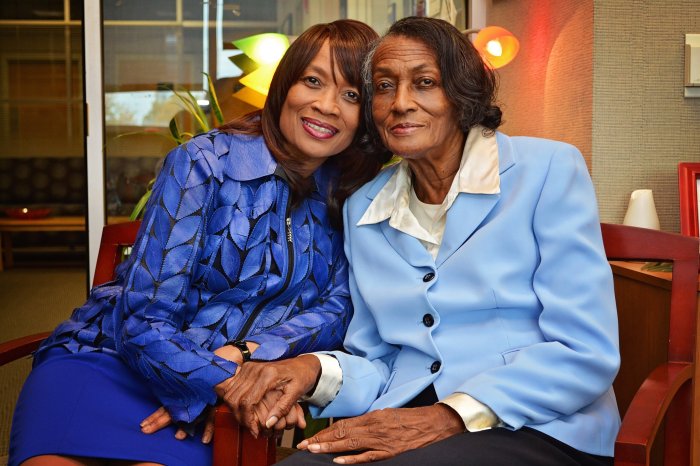Volleyball season just ended for my 16-year-old daughter with an incredibly exciting triumph over a close rival to win the league championship. Her team improved all season, bonding and working hard under the watchful eye of a steady, disciplined, and experienced coach.
I’ve never been a star athlete, but I earned a varsity letter in my day, and the differences between my high-school sports experience and my daughter’s comes down to the values behind “Training Rules,” a concept my adolescent has never heard of.
Back in the day, schools had expectations athletes had to meet during the season, such as no smoking or drinking, and sometimes even a curfew. If you broke training, you were suspended from the team.
When travelling you had to wear jackets and ties. Girls wore dresses or slacks and no sneakers. Your grade-point average better be in shape too, because if you weren’t keeping up in classes, you were off the team.
These were some of the ways the meaning of being on a team was communicated, that it was a privilege and a responsibility to participate and we each better be willing to give up something for the opportunity. The other part of the message was that you would be kicked off a team in a minute if you screwed up, letting down your teammates, your school, and yourself.
We all wanted to win, but if a teammate messed up they owned the blame — not the rules or the adults for enforcing them. You make a bad choice and the whole team suffered the consequences.
When I told my daughter about this old way of doing things, she looked at me like I was an alien, speaking gibberish.
I thought about the Sayrerville, NJ high-school football team, on which some of the boys took the already bad idea of hazing into the criminal realm of sex crimes. While most adults of that community seem to support the school board’s decision to cancel the rest of the season, there are parents who try to dismiss what went on in an unsupervised locker room or who worry about the consequences on the uninvolved team members.
The idea of values seems missing from discussions of athlete behavior, my daughter’s and these teenage boys’ included. Under the pressure to perform, the goal of winning trumps all the positive lessons athletics offers kids. Certainly there are coaches and programs and schools that rise above the norm, but mostly the moral compass is broken in youth sports.
We see the consequences in the behavior of young, pro athletes, from Hope Solo, a star of the U.S. Women’s Soccer Team, to hockey player Slava Voynov, to a list of NFL players currently suspended, all for various iterations of domestic violence.
In the spring, when my daughter plays varsity softball and I suggest that her duty to the team might include giving up a party or two, it will be time to have a longer, very important talk about what the privilege of being on a team is about, translated from my alien tongue into words she understands.























